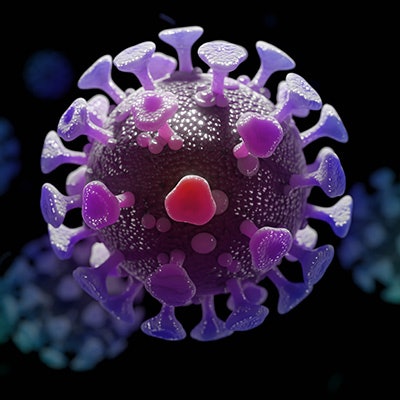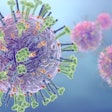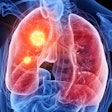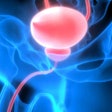
Failing to maintain good oral hygiene may result in clinically recovered COVID-19 patients continuing to test positive for the novel coronavirus for longer periods of time, according to a study published on July 24 in Special Care in Dentistry.
Patients who didn't brush or rinse their teeth may have allowed noninfectious viral nucleic acid to build up, resulting in prolonged viral shedding. On average, those who didn't keep their oral cavities clean continued to shed the virus for an additional two weeks and resulted in more positive real-time reverse transcription polymerase chain reaction (PCR) tests, the authors wrote.
"We propose that tooth brushing and gargling remove such viral nucleic acid and improves the accuracy of PCR testing," wrote the group, led by Dr. Yoko Warabi, of the department of neurology at Tokyo Metropolitan Neurological Hospital.
Bacteria and COVID-19
Evidence has shown that oral bacteria may play a role in infection with SARS-CoV-2, the virus that causes COVID-19. Diabetes, obesity, cardiovascular disease, and hypertension -- the four main comorbidities associated with increased risks of complications and death from COVID-19 -- are linked with altered oral biofilms and periodontal disease. These links are also part of the reason dentists are using preprocedural rinses to reduce the viral load in the patient's mouth. Therefore, a possible connection between poor oral health or a lack of attention to oral care and the novel coronavirus isn't surprising.
Six of the eight patients, all of whom had mild to moderate COVID-19, had viral shedding periods of 30 days or less. Two patients, one with schizophrenia and the other with dissociative disorder and mental disability, experienced significantly longer shedding periods of 44 days or more, according to the authors.
A 31-year-old woman with schizophrenia was considered clinically recovered when her symptoms stopped after 12 days, yet she continued to test positive for the virus. She could not leave the medical center until she tested negative for two consecutive days. Medical professionals realized she didn't voluntarily brush her teeth and only did it for the first time on her 18th day at the hospital. As she continued to accumulate positive PCR tests, doctors speculated that the lack of oral care may have caused the persistent positive tests. Her viral shedding period reached 46 days, and staff began encouraging her to brush her teeth and gargle.
Two days after the start of this instruction, the patient's PCR test result was negative for the first time. After nine days of intensive tooth brushing with only water, the patient had two consecutive negative PCR test results and was discharged, the authors wrote.
The other patient with prolonged viral shedding was a 61-year-old woman who also was the mother of the patient with schizophrenia. This patient also continued to test positive for the virus after being considered clinically recovered. When her viral shedding reached 43 days, clinicians learned that she rarely brushed her teeth. She was repeatedly instructed to brush her teeth with water, and with four days of intervention, she had two consecutive negative PCR tests and was discharged.
Clean oral cavities
Though the small study size was considered a limitation, the findings showed that removing noninfectious viral nucleic acid in oral cavities may lead to consistently negative PCR test results and likely avoid unnecessarily long hospital stays. Individuals at risk of contracting COVID-19, including the elderly at nursing and retirement homes, should maintain good oral hygiene, the authors wrote.
"Proper oral hygiene may decrease the observed viral shedding period and prevent unnecessarily long hospital stays," they wrote.



















